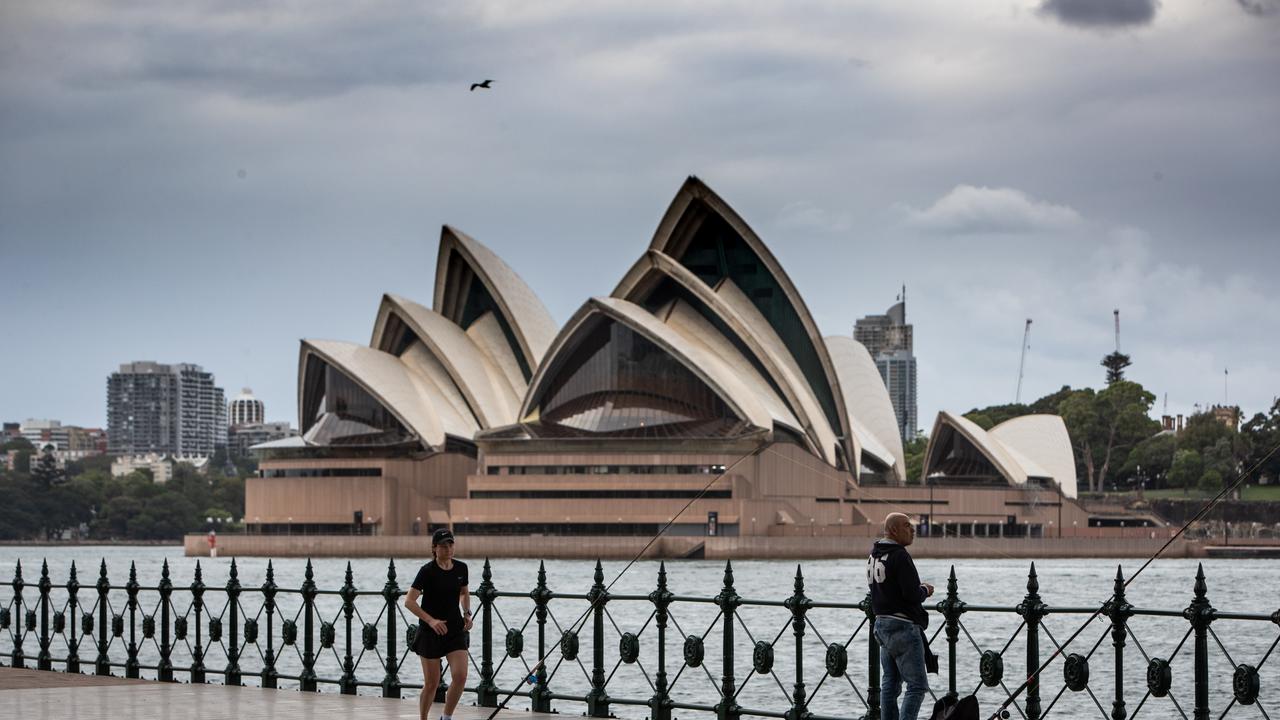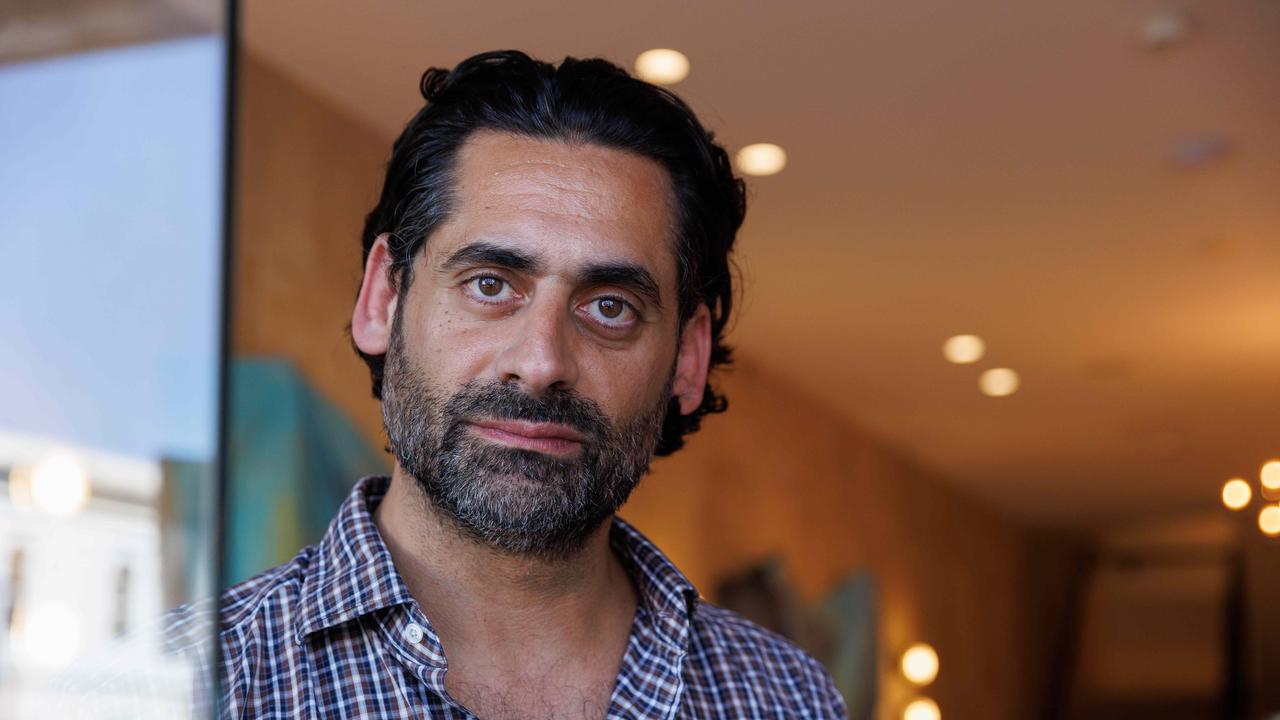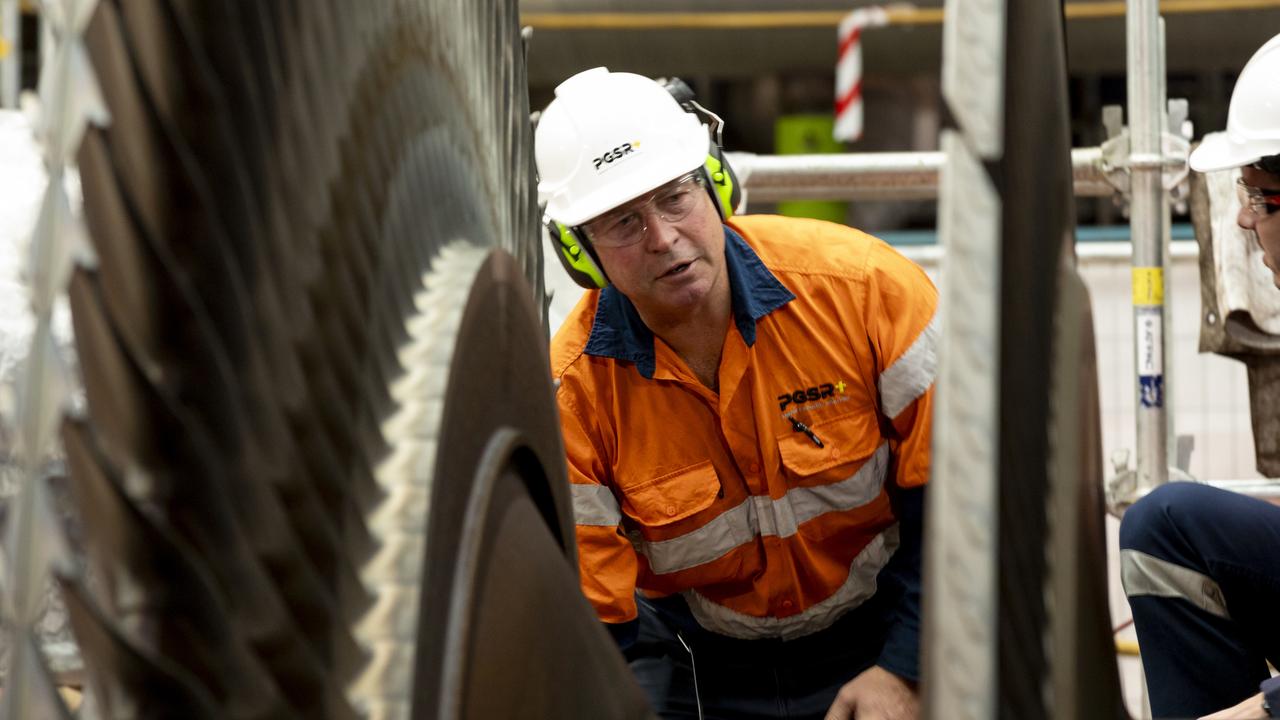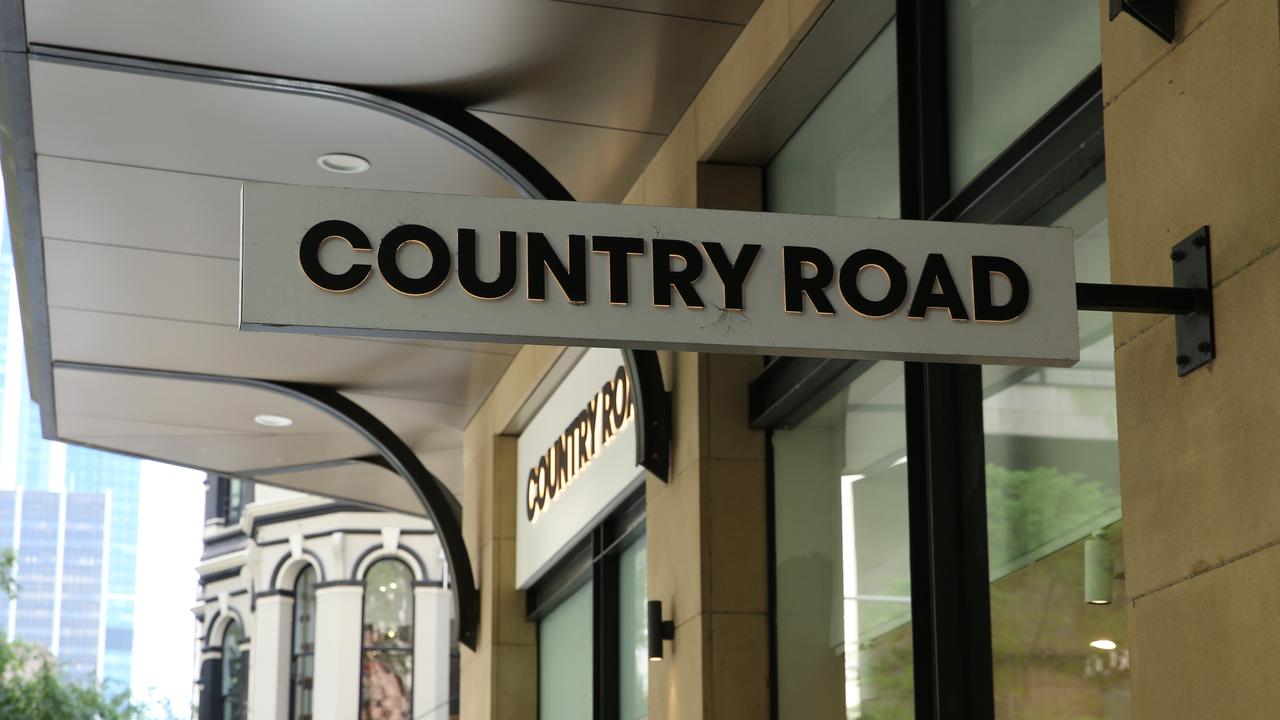Woodside Energy moves to show it can fund growth and reward investors
The energy company will return 80 per cent of its revenues to shareholders, a move designed to show it can grow organically and through M&A and still reward shareholders.
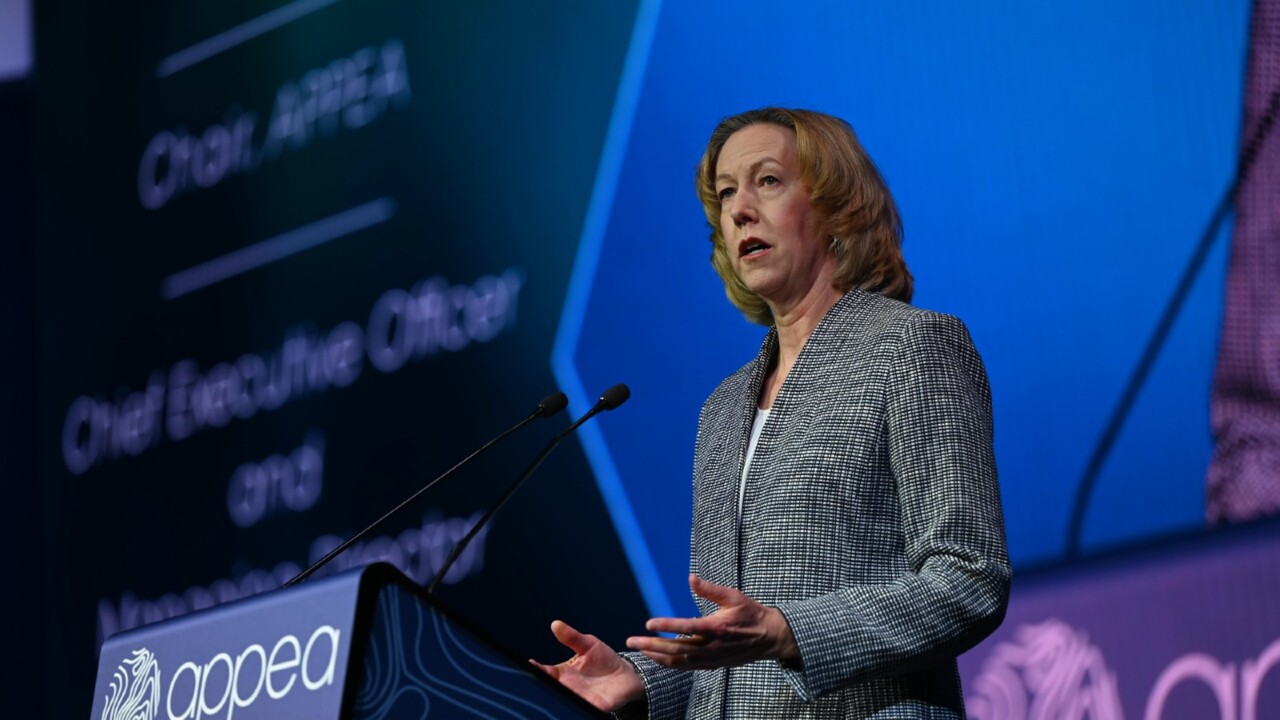
Business
Don't miss out on the headlines from Business. Followed categories will be added to My News.
Woodside will return 80 per cent of its returns to shareholders, maintaining dividends at the top end of the energy major’s policy, as it moves to demonstrate it can also fund growth.
The company booked underlying profit of US$1.63bn ($2.42bn) for the six months to June 30, down from US$1.87bn a year earlier.
The company said it had declared a dividend of US69c a share, down 14 per cent from a year earlier, but right at the top end of Woodside’s payout policy of returning up to 80 per cent to shareholders.
The decision to reward shareholders will ease concerns among some after Woodside finalised two large acquisitions that had fuelled concern about the ability of the company to fund future growth without curtailing investor returns. Shares rose nearly 5 per cent after the announcement of the company’s half-year earnings.
Woodside in August agreed to purchase a low-carbon ammonia production facility in Texas from US company OCI Global in a deal worth $US2.35bn ($3.65bn), just weeks after securing US LNG company Tellurian in a deal worth $US1.2bn, catapulting it into one of the world’s biggest LNG players.
Chief executive Meg O’Neill said Woodside had undertaken significant work prior to announcing the two acquisitions in order to keep dividends high.
“We know our shareholders value our dividend, and our Australian shareholders particularly value the franking credits that we’re able to issue with, with the dividends. We’ve spent a lot of time, even before we did those acquisitions, understanding our financial capability to take on those projects as well as the projects we have underway today and continue to return value to shareholders,” Ms O’Neill told The Australian.
“That underpins the decision to pay out at 80 per cent.”
Gordon Ramsay, energy analyst at RBC Capital Markets said the dividend payout was a “vote of confidence” from the board in the future of the business, which overshadowed the 14 per cent fall in underlying profits.
Bottom-line profit rose 11 per cent to total $US1.94bn for the six months ended June 30, a decline driven by smaller production and weaker commodity prices.
Woodside said the average price received for its oil and gas fell 15 per cent to $US62.60 a barrel.
While Woodside may have allayed any investor and market concerns, its commitment to rapidly expanding has put it in the crosshairs of environmentalists.
Woodside has insisted it is committed to reducing emissions, and LNG will allow major-emitting countries that have insufficient renewable energy assets to wean from coal.
But opponents insist Woodside’s giant near $17bn Scarborough LNG project and its global expansion plans are thumbing their nose at the need to curtail emissions.
Woodside said on Tuesday the Scarborough development is now nearly two-thirds complete, while its recently completed oil project in Senegal is already running at daily capacity.
The expansion goals are expected to attract further opposition from environmentalists, though avenues for possible legal obstructions appears to have narrowed in recent months.
The Australian Conservation Foundation earlier this month dropped its long running bid to block Woodside’s Scarborough development.
The dismissal of the claim comes just a few months after Santos scored a victory against efforts to block its own $5.7bn Barossa LNG development, and the SA-based company has since embarked on assertive efforts to claim costs - a decision that outwardly appears to have shaken the confidence of environmental activists.
The ACF in 2022 asked the federal court to order a suspension of work on the project until an assessment is made about its potential impact on the Great Barrier Reef.
Woodside had secured approval for the project from the country’s offshore regulator, the National Offshore Petroleum Safety and Environment Management Authority, but the ACF said the project should be assessed by the federal minister for Environment under commonwealth laws.
While the action did not interrupt work on Scarborough, the threat of cessation – which likely had delayed the first gas from the project – had been lingering. The gas is destined for export markets, with Japanese, Korean and Taiwanese buyers all desperate for the supplies amid heightened global competition for supplies.
More Coverage
Originally published as Woodside Energy moves to show it can fund growth and reward investors




